The child or teenager is ill or one or their parent is ill and they need academic support.
When a child’s academic situation deteriorates and the risk of dropping out becomes imminent, the Centre d’Appui Scolaire steps in to offer the pupil and their family tailored support. The Association also works with young people who have been out of school for several months or years to help them pursue their education goals.

The healthcare staff contacts the Association.
Healthcare staff gets in touch with the Association which deals with each request as soon as possible.

The Association discusses the situation with the child, family, healthcare staff, and other partners.
This discussion allows the families to discover more about the Association and an assessment of the situation takes place in order to organise the tuition programme tailored to the student’s needs. Based on the exchange, the Association determines the subjects and number of weekly lessons, depending on the student’s availability and therapeutic needs.

Tutoring and personalized support begin.
The Centre organises the courses.
If necessary, after the first few lessons, and with the family’s permission, the Association contacts the student’s school to coordinate support as effectively as possible.
The tutors also exchange regularly about the progress of the tuition programme and about difficulties the student might face. They send teaching reports every trimester.
The Association also contacts the medical, social, and educational partners as well as the family to provide the student with the best possible support.

The student gets back on track.
Once the student has recovered and resumed their schooling, the Association’s support ends, but may continue for a short period to enable them to catch up on any accumulated gaps in their learning.

End-of-tutoring discussion and follow-up.
When the support provided by the Centre d’Appui Scolaire comes to an end, a final discussion is organised with the student and their family. This is an opportunity to take stock of the tuition provided and to assess whether the goals set at the beginning have been achieved.
« uition starts very quickly. Exchanges about the problem, the goals and the school programme of our patients help us integrate the tuition programme into the therapy in a meaningful way.»
«The possibility to continue tuition after the patient is discharged from hospital is extremely important. You have to keep in mind that at present there is no such offer for children suffering from epilepsy in Switzerland.»
«Thanks to the support of your association, our daughter could continue studying at home. When it came to setting the class schedule, the tutors take medical appointments into account. »
« Until today, there is no other institution in Geneva offering these services. The feedback provided to our psychologists and the monthly teaching reports that we receive from the teachers at the Centre d’Appui Scolaire are very useful.»
“À cause de sa maladie, mon fils a manqué l’école pendant une année entière. Lorsqu’il a pu commencer à retourner au Cycle, l’aide des enseignants du Centre d’Appui Scolaire lui a permis de repartir sur de bonnes bases. En quelques mois, il est passé du niveau R1 à R2, puis R3!”
